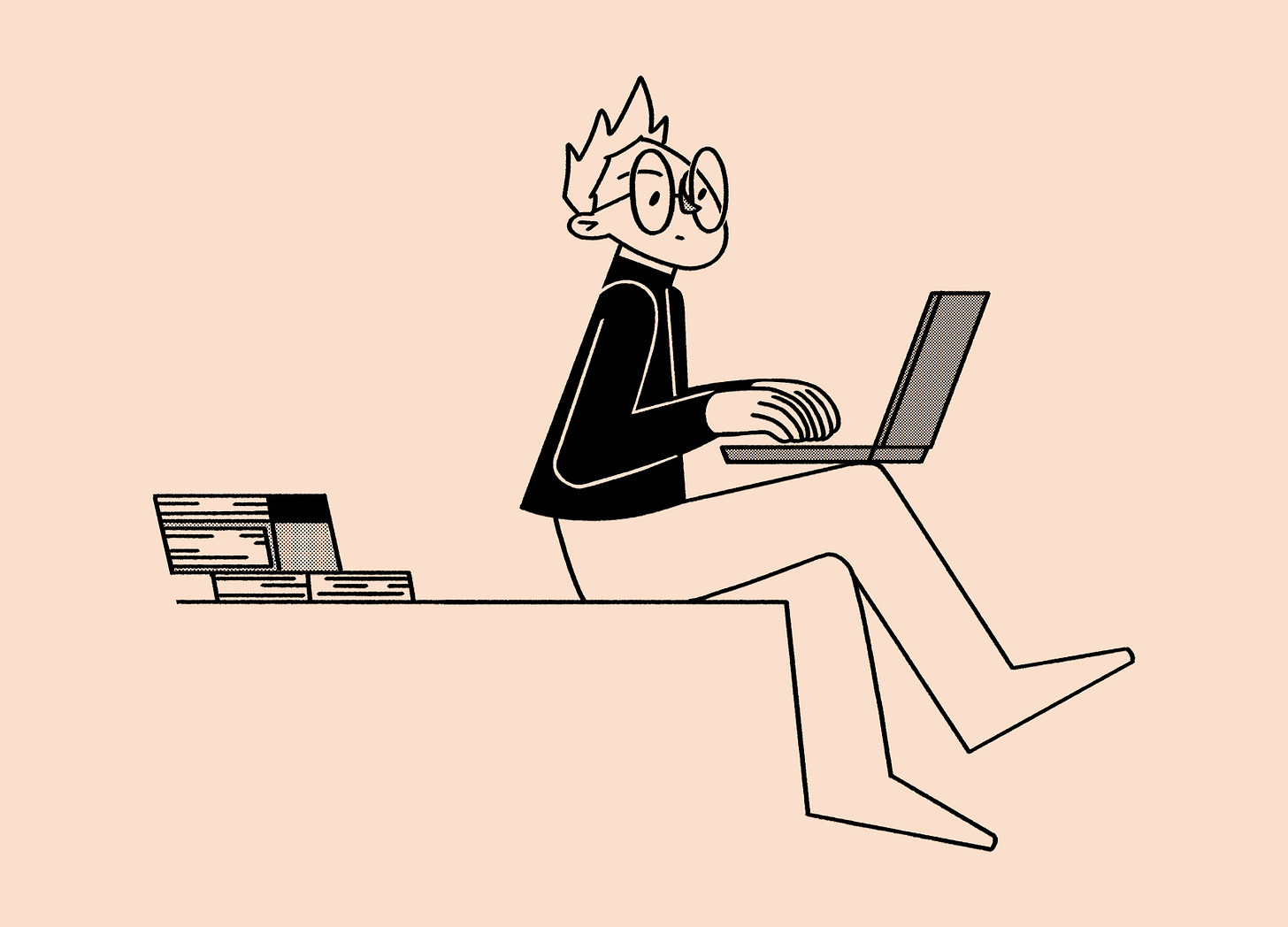Why Do Agents Reject Your Work?
Plus 9 Indie Presses Looking for Unsolicited Book-Length Manuscripts (Open for submissions)
This week, we are happy to welcome SVP and Senior Literary Agent Carly Watters, who explains why literary agents often decline representation. Whether it is limited time and resources, similarities to existing clients' work, marketability concerns, lack of uniqueness, or sufficient writing quality in submissions, Carly breaks down the truth behind the rejections.
A week ago, I posted on Instagram about 6 reasons why literary agents don’t offer representation to most authors. I’ve been reading submissions since 2009 when I was an agency assistant in London, and while writers have come a long way thanks to all the advice on the internet (and our podcast The Shit No One Tells You About Writing!), there’s no way that agents can offer representation to everyone that crosses our desk. With the advent of email pitches, we are absolutely inundated with material. It’s never been easier to pitch thanks to templates and submission lists you can find online.
I’m going to expand on my post from last week and really dig into the WHY of it all.
The agent has a full list.
As an agent gets more senior, they gain experience, but they also gain a lot of clients. A lot of writers want a seasoned agent (for good reason), but they also want someone who has a lot of time for them. This combination is hard to come by. Associate agents are super hungry and I highly recommend pitching them as long as they have a good mentorship system at their agency.
Literary agents, much like anyone else, have limitations on their time and resources. They can only manage a certain number of clients effectively. When an agent's client list is full, they may reluctantly decline potential new authors–even ones who are talented and whose books will sell! An agent's availability is a factor beyond a writer’s control. Your dream agent doesn’t have to be the one on your mood board; your dream agent should be the one that loves your work and is available to work on it.
They’re not reading past the first few pages.
We cover this on our podcast in detail every week, but it always comes down to one of the following things: the book doesn’t start in the right place, we don’t like the voice, we aren’t connecting with the characters, we can’t see the audience, we found typos etc.
It is impossible to give each submission the time it deserves. We won’t invest our time in something that doesn’t engage us from page one. Good news: every agent gets engaged by something different! Authors must recognize the critical importance of crafting a compelling and engaging beginning to their manuscripts to hook agents and keep them invested in the story. Not only do you need to hook an agent, but also an editor and your future reader!
They have a client writing something similar.
This one is impossible for you to know and we don’t expect you to. In another world, we might have offered rep! But that’s how timing works. If an agent already represents an author whose work shares similarities in tone, theme, or plot with a prospective client's manuscript, they may decline representation to avoid overlap and competition within their roster. It’s not fair to either of you.
They don’t think they can sell your book.
Lit agents are not just advocates for an author's work; they are also serious publishing industry professionals seeking projects with market potential. We want things that we can sell! We want to have success stories and get everyone paid. If an agent believes they cannot effectively sell a particular project – perhaps due to a niche market, lack of perceived demand, or other market considerations – we’ll pass on the project.
Your book isn’t unique enough to stand out.
In a very saturated book and media market, uniqueness and originality are paramount. If an agent perceives that a manuscript doesn't bring a fresh perspective or a distinctive voice to the table we’re going to pass. Remember: it’s subjective! But each agent is going to make their own judgment on this. This is also why we talk about “platform” a lot: we know that there is a market for content by a certain creator. The uniqueness is their brand, voice and relationship with their audience.
The writing isn’t there yet on a line level.
Beyond a captivating hook and well-paced book, literary agents assess the quality of writing on a line-by-line basis. If the writing lacks polish, coherence, or a mastery of language, agents are going to seriously hesitate to take on the manuscript. We want to work with writers who can write. We’re the business people. We’re not here to edit (even though many agents do), we’re here to polish and sell.
In the end: I’m always telling writers the truth because it’s what you deserve to hear. I’m wishing everyone the best of luck out there.
And if you’re looking to jump the line and try to get your book published without an agent, we’ve put together a list of 10 indie publishers who are currently accepting full manuscripts.
9 Indie Presses Looking for Unsolicited Book-Length Manuscripts (Open now)
This is one of our paid subscriber lists this month. Our paid subscriptions are what give us the ability to gather all of this information and maintain our database. If you have the means, you can upgrade here.
Of course, we are always happy to comp those in need, just let us know. Our next free list will be Monday (Dec. 11th).







